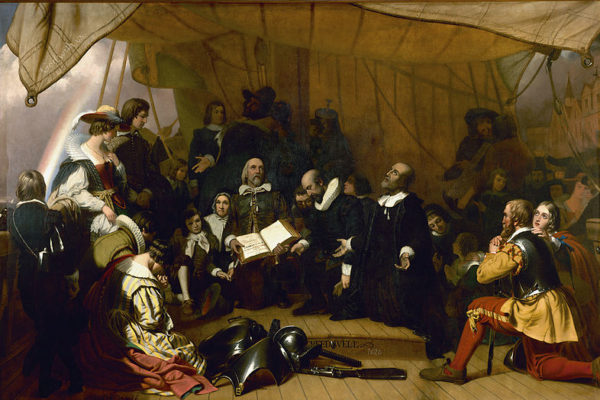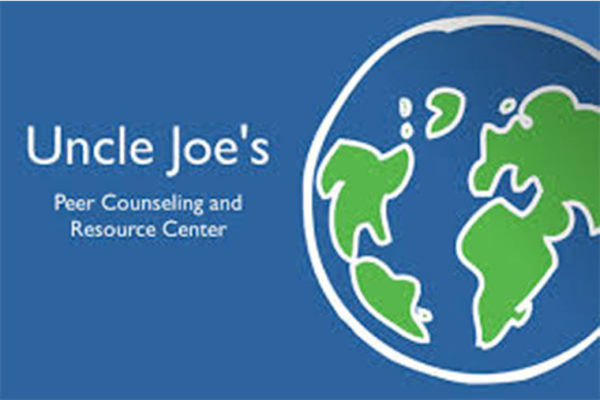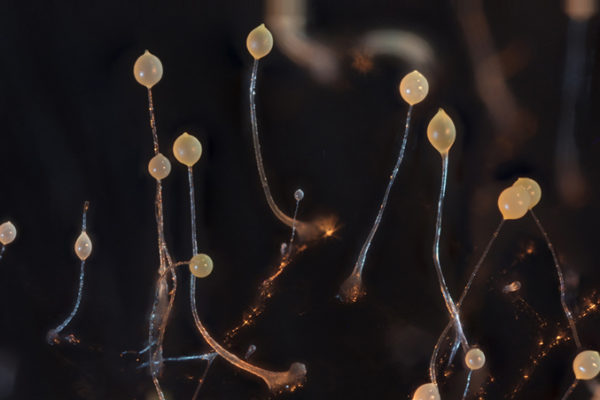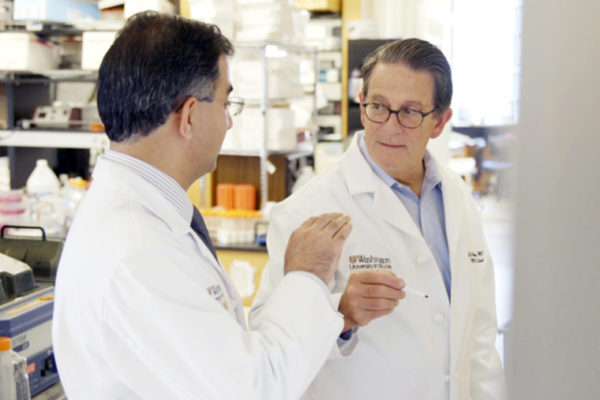FedEx shipping discounts available on campus
Washington University in St. Louis staff and students are eligible for FedEx shipping discounts for personal use at the three campus FedEx Office locations. You must show a valid university ID to use the discount.
Uncertainty leads to treatment delays for young people with mental illness
Stigmas, attitudes of self-reliance and misattributing symptoms led a group of young adults experiencing their first episode of psychosis to delay seeking treatment, finds a new study from the Brown School at Washington University in St. Louis.
Van Engen organizes ‘Religion and Politics in Early America’ conference
Abram C. Van Engen, associate professor of English in Arts & Sciences, organized a national conference on “Religion and Politics in Early America.” Sponsored by the John C. Danforth Center on Religion and Politics and the Kinder Institute on Constitutional Democracy, the conference took place March 1-4 in St. Louis.
A new view on electron interactions in graphene
There’s a new way to look at how electrons interact with each other in graphene, an intriguing material comprised of a single layer of carbon atoms. Washington University in St. Louis researchers, led by Erik Henriksen, assistant professor of physics in Arts & Sciences, are exploring the quantum electronic properties of graphene using infrared light.
Great Artists Series presents Susan Graham March 25
Opera star Susan Graham, dubbed “America’s favorite mezzo” by Gramophone magazine, will perform “Frauenliebe und-leben: Variations,” a solo recital pairing Robert Schumann’s beloved song cycle with related works by Edvard Grieg, Richard Strauss, Gustav Mahler, Claude Debussy, Pyotr Tchaikovsky and others.
Academy of Science-St. Louis honors three researchers
Three researchers at Washington University in St. Louis, Raj Jain, David Kirk and Stuart Kornfeld, are being honored for outstanding contributions to science by the Academy of Science-St. Louis.
‘An important first step:’ Uncle Joe’s provides resources, peer counseling
Uncle Joe’s, Washington University in St. Louis’ confidential peer counseling and resource center, recorded 44 percent more interactions with students in fall 2017 compared to fall 2016. In honor of Mental Health Awareness Week, Uncle Joe’s co-directors share their mission and how they respond to emerging concerns.
Arms races and cooperation among amoebae in the wild
Using new gene sequencing techniques, Washington University biologists are taking a closer look at the behavior of the social amoeba Dictyostelium discoideum, or Dicty for short.
Kolker elevated to AIA College of Fellows
James Kolker, university architect and associate vice chancellor at Washington University in St. Louis, has been elevated to the College of Fellows in the American Institute of Architects, an honor bestowed on only about 3 percent of the organization’s 90,000 members.
CRISPR enhances cancer immunotherapy
Scientists at the School of Medicine have used the gene-editing technology CRISPR to engineer human T cells that can attack human T cell cancers without succumbing to friendly fire. The study evaluating the approach in mice appears online in the journal Leukemia.
View More Stories









